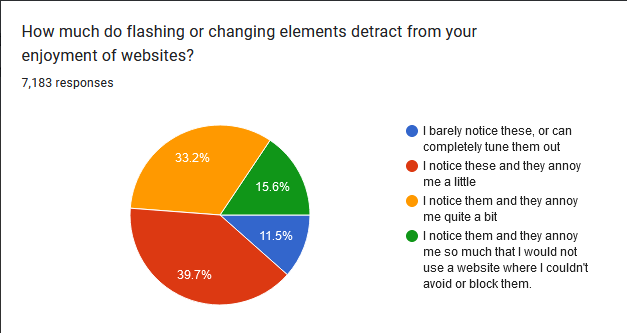Christopher Schwarz used to be the editor of one of the big US woodworking magazines and part of the job included being inundated with free tools from manufacturers eager to get a review in an upcoming issue of the magazine. Some — and not just the marginal producers — had the misfortune of shipping tools that failed to work properly (or at all) when tested:

“Woodworking Tools on the wooden table” by wuestenigel is licensed under CC BY 2.0 .
… it should come as no surprise that toolmakers also make mistakes. Most readers probably think that the tools that came into our shop had been carefully tested and tuned by the manufacturers to make sure they were perfect. Based on how many goofed-up tools I saw, I doubt that’s the case.
And in fact, I took it as a mark of the toolmakers’ honesty when they sent us one right off the warehouse floor.
Here’s a small sample of some of the stuff I’ve seen:
DeWalt: The company makes good tools, but we had a jigsaw come into the shop where the blade clamping mechanism failed. It went click, click, then the blade dropped out like a rotten tooth. When DeWalt introduced its first hybrid table saw, the first rip fence we got was twisted. So was the second. The third replacement was fine.
Delta: When Delta introduced its C-arm drum sander, we were all excited in the shop. We set it up, plugged it in and cranked the puppy up. It spun up and then spun down forever. The motor burned out after three seconds.
Harbor Freight: It might sound too easy to pick on this discount seller. But they sell tools and people buy them. So here goes: When we tested the company’s plunge router, the collet failed. The bit slipped out and flew out. That was one of the days that I wished we had some Depends in the first-aid kit.
Black & Decker: Here’s every tool marketer’s worst nightmare. Black & Decker sent us its new cordless tape measure. Now let’s ignore for a moment the possibility that you do not need an electric tape measure. So Senior Editor David Thiel took it out of the box in front of the entire staff and demonstrated how it works. The tape extended about a foot and then died forever.
Metabo: Cordless drills aren’t supposed to shoot flames out the back are they?
Lobo: When we tested its edge sander the sheet metal base flexed like tin foil. You would turn the machine on, and the thing would do the twist like Chubby Checker.
Powermatic: Yes, even Powermatic. An early version of its benchtop mortiser had a flaw in the piece of metal that joined the motor to the arm mechanism. The gears on the interior stripped out. So when you pulled the arm, the motor never moved.
Tools for Working Wood: The Ray Iles mortising chisels are great, but one of my students at the Marc Adams School of Woodworking snapped the tip off one when working in poplar. I heard it from across the room. It turned out that a few of the tools had been made from A2 instead of D2. It did make for an amusing day as everyone crowded around the chisel like the victim of a car accident.
Lie-Nielsen Toolworks: I had a narrow iron shoulder plane that was an early production run. The bronze grip wouldn’t stay in place when you retracted the iron. When I turned the screw, the plane disassembled itself in my hands.
Veritas: An early version of the Veritas cabinet scraper (an adaptation of the No. 80) would clog after a few passes like Crystal Gayle’s shower’s drain. The company has since fixed that problem and the tool works great.
Stanley Tools: During a test of jack planes, we had a tool that simply would not function. It was like it was haunted. If you snugged up the frog screw to where you thought it should be, you couldn’t adjust the iron. If you loosened the frog screw so you could adjust the iron, the thing would chatter and shake like a Vega going 56 mph. We never figured that one out.
Wenzloff & Sons: While teaching a sawing class at Kelly Mehler’s School of Woodworking, one student’s carcase saw was misbehaving. It was tearing out the shoulders of his tenons something fierce. At first I thought it was user error. Turns out the saw was filed for rip when it was supposed to be crosscut.
Let me conclude by saying that mistakes slip out the door for every toolmaker (and magazine editor and book publisher). We’ve never heard of any toolmaker with zero returns. The real test of a toolmaker (and editor) is how you deal with the mistakes when they occur.














